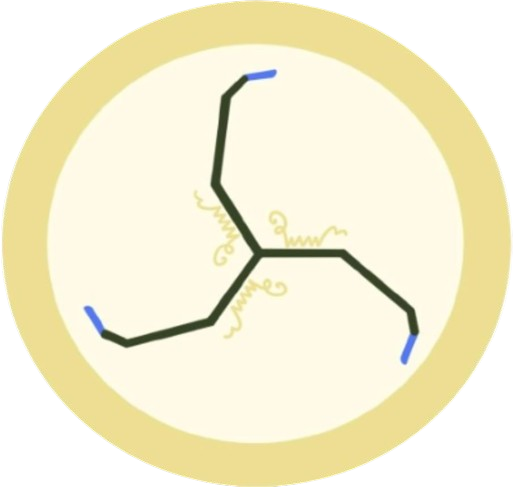Regenerative medicine is currently on the forefront of scientific research. Due to the fact that 45% of deaths can be linked to fibrosis-related regenerative failures and inflammation, and nearly every illness leads to tissue damage, advancement in regenerative medicine and stem cell therapy is more essential than ever.
Regenerative medicine is the process of activating endogenous cells or implanting cells. The most popular form of regenerative medicine is to replace damaged tissue. This is done through stem cell therapy. Stem cells are primitive cells with the ability to self replicate as well as perform multi direction differentiation. Additionally, stem cells keep the properties of their parents through processes. Stem cells are able to be divided into three categories: embryonic stem cells, induced pluripotent stem cells, and adult stem cells. In stem cell therapy, it is important to decide which type of stem cell is most easily worked on. Due to ethical concerns as well as complications with transplantation with many types of stem cell, adult stem cells, in particular mesenchymal stem cells (MSC’s), are the most researched type of stem cell.
Discovered in 1867 by Kornheim in bone marrow, research on MSC’s has only increased. MSC’s can be differentiated by their source. They are found in placenta, muscle, umbilical cord blood, but in particular bone marrow and adipose tissue. Mesenchymal stem cells are easy to locate and are very accessible, which is why they are the most desirable and therefore the most researched. MSC’s have been tested for aiding cardiovascular diseases, nervous system diseases, musculoskeletal diseases, immune related diseases, and results have been exhibited in all areas of study.
Limitations in the field of regenerative medicine are ethical concerns, as there can be complications with grafting and immune reactions to the implanted cells. This means that the majority of testing has only happened on mice. Other concerns include functional inadequacy of progenitors, chronic inflammation, and fibrosis. Because of these potential complications, stem cell therapy research is a slow progress. In order for more results to be seen, testing on larger animals and then eventually humans must occur for this therapy to progress. This testing must also be ethically conducted, which can prove a challenge due to the potential reactions.
Stem cell therapy provides a light for many people who have tried traditional medicine or treatments and been unsuccessful in recovery. Additionally, stem cell therapy is able to help heal burn wounds, and other superficial wounds, which are currently hard to heal without scarring. Regenerative medicine has also been proven to help diabetes, which would be a huge step for millions of people.
Currently, steps to limit immune rejections are being worked on. This includes genetically engineering grafted cells so they cannot be recognized by immune systems, or to let out immunomodulatory cytokines which could produce immune tolerance. Through these processes, stem cell therapy will become safer and therefore more ethical, which will lead to its wider research on different test subjects. If stem cell therapy and regenerative medicine are able to progress more, then diseases that have previously been untreatable or exceptionally hard to fix may have a solution.
- Mabel Carroll
Sources:
- https://www.science.org/doi/pdf/10.1126/science.add6492
- https://onlinelibrary.wiley.com/doi/pdf/10.1002/advs.202207334
- https://link.springer.com/article/10.1186/s13036-023-00361-9
- https://onlinelibrary.wiley.com/doi/full/10.1002/mco2.291
*Disclaimer: This article has also been posted to our Medium. NernstNaK is the rightful owner of this work on both our website and Medium, and thus stresses that there has been no plagiarism or copying on either account.*

